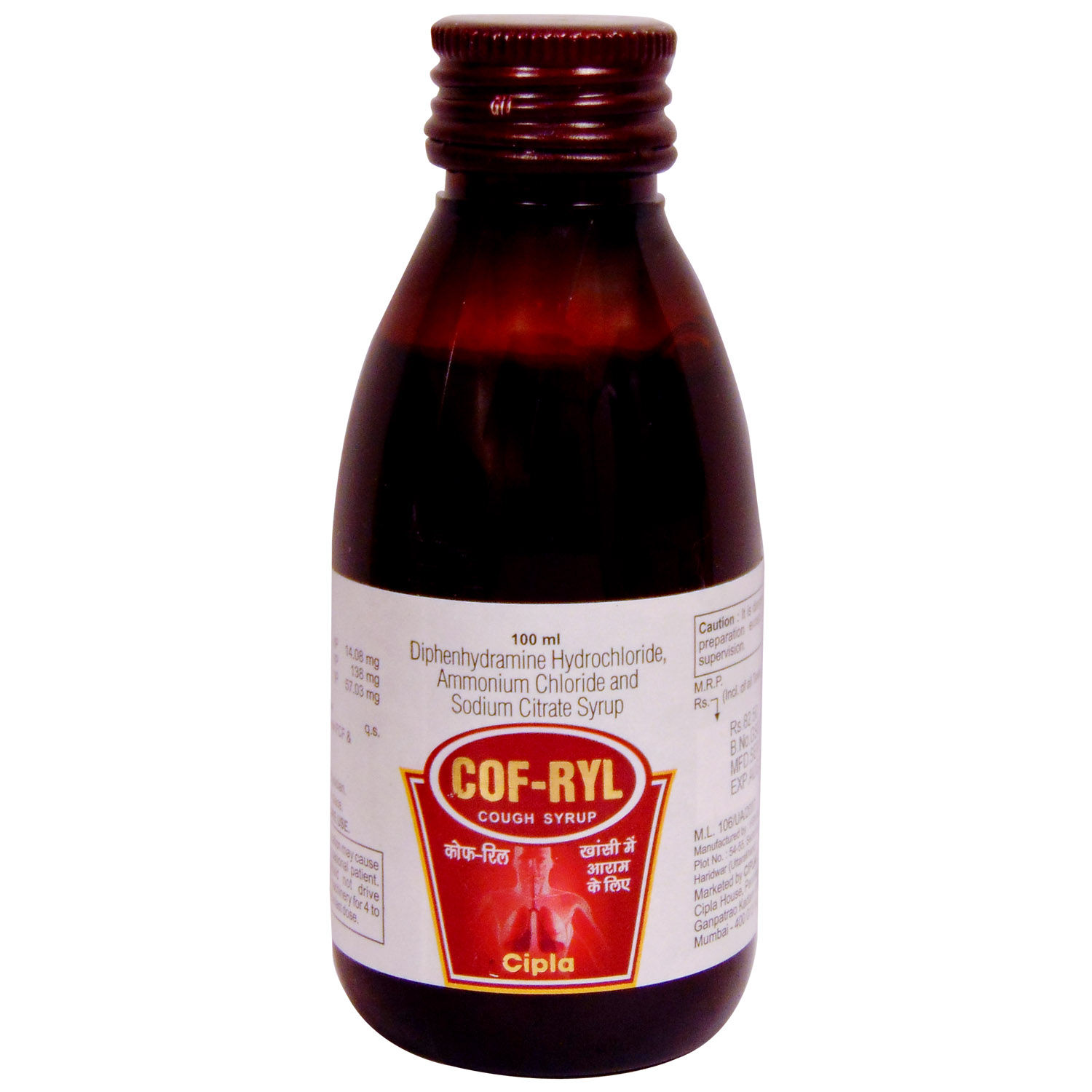Apihist Cough Expectorant 4.5 Litre
₹599.4*
MRP ₹666
10% off
₹566.1*
MRP ₹666
15% CB
₹99.9 cashback(15%)
Free Delivery
With Circle membership
(Inclusive of all Taxes)
This offer price is valid on orders above ₹800. Apply coupon PHARMA10/PHARMA18 (excluding restricted items)
Know Your Delivery Time
Provide Delivery Location

Whats That

Secure Payment

India's Most Trusted Pharmacy

Genuine Products
Manufacturer/Marketer :
Consume Type :
Return Policy :
Expires on or after :
About Apihist Cough Expectorant
Apihist Cough Expectorant belongs to a group of medicines called expectorants and cough products used to provide relief from cough. Additionally, Apihist Cough Expectorant may also help in providing relief from allergy and nasal congestion due to cold. Coughing (dry or productive) is the body's way of clearing irritants (like allergens, mucus or smoke) from airways, thereby preventing respiratory infection.
Apihist Cough Expectorant contains Ammonium chloride, Diphenhydramine hydrochloride, and Sodium citrate. Ammonium chloride helps remove phlegm/mucus from the airways by decreasing its stickiness. Diphenhydramine hydrochloride works by blocking the action of a chemical substance called histamine, which is responsible for causing allergic reactions. Sodium citrate helps in reducing congestion, thereby making it easier to cough out through the mouth. Together, Apihist Cough Expectorant provides relief from cough.
You are advised to take Apihist Cough Expectorant for as long as your doctor has prescribed it for you, depending on your medical condition. In some cases, you may experience certain common side-effects such as headache, stomach upset, dizziness, tiredness, and dry mouth. Most of these side effects do not require medical attention and will resolve gradually over time. However, you are advised to talk to your doctor if the side effects persist or worsen.
Consult your doctor if you are pregnant or breastfeeding. Apihist Cough Expectorant may cause dizziness, so drive only if you are alert. Apihist Cough Expectorant should be given to children only if prescribed by the doctor. Avoid consuming alcohol with Apihist Cough Expectorant as it could lead to increased dizziness. Inform your doctor about all the prescription, non-prescription and herbal medicines you are taking to rule out any side effects/interactions.
Uses of Apihist Cough Expectorant
Medicinal Benefits
Apihist Cough Expectorant is a combination of three drugs, namely: Ammonium chloride and Diphenhydramine hydrochloride, and Sodium citrate. Apihist Cough Expectorant is used to provide relief from a cough accompanied by cold symptoms such as sore throat, runny nose, watery eyes, and sneezing. Additionally, Apihist Cough Expectorant helps in providing relief from allergy. Ammonium chloride is an expectorant that helps remove phlegm/mucus from the airways by decreasing its stickiness. Diphenhydramine hydrochloride is an antihistamine that works by blocking the action of a chemical substance called histamine, which is responsible for causing allergic reactions. Sodium citrate is a mucolytic agent that helps in loosening the congestion, thereby making it easier to cough out through the mouth. Together, Apihist Cough Expectorant provides relief from cough.
Side Effects of Apihist Cough Expectorant
- Stomach upset
- Dizziness
- Sleepiness
- Dry mouth
- Headache
Directions for Use
Storage
Drug Warnings
Do not take Apihist Cough Expectorant if you are allergic to any of its contents. Inform your doctor if you have asthma, prostate problems, narrow-angle glaucoma, stomach or bowel ulcers, glucose-galactose malabsorption, sucrase-isomaltase deficiency, fructose intolerance, kidney or liver problems; if you are taking antidepressants or anti-Parkinson drugs or have taken them in the last 14days. Consult your doctor if you are pregnant, planning for pregnancy or breastfeeding. Apihist Cough Expectorant may cause dizziness, so drive only if you are alert. Avoid consuming alcohol with Apihist Cough Expectorant as it could lead to increased dizziness.
Therapeutic Class
Diet & Lifestyle Advise
- Gargle with salt water for relief from sore throat.
- Avoid smoking and consumption of alcohol.
- Avoid dairy products such as milk, as it may increase mucus production.
- Avoid processed or refined foods. Replace baked foods, fried foods, white bread, white pasta, french fries, sugary desserts and chips with green leafy vegetables.
- Drink plenty of fluids to avoid a dry throat. It also helps loosen mucus.
- Avoid citrus fruits as they may worsen the cough.
- Eat fruits rich in water content, such as pears, watermelon, peaches and pineapples.
Habit Forming
How Apihist Cough Expectorant Works
What if I have taken an overdose of Apihist Cough Expectorant
Alcohol
Unsafe
Avoid consumption of alcohol while taking Apihist Cough Expectorant as it may cause increased dizziness.
Pregnancy
Caution
Please consult your doctor if you have any concerns regarding this; your doctor will prescribe only if the benefits outweigh the risks.
Breast Feeding
Unsafe
Avoid taking Apihist Cough Expectorant if you are breastfeeding. Consult your doctor if you have any concerns.
Driving
Caution
Apihist Cough Expectorant may cause dizziness. Do not drive or operate machinery unless you are alert.
Liver
Caution
Dose adjustment may be needed in patients with liver impairment. Please consult your doctor if you have a liver impairment or any concerns regarding this.
Kidney
Caution
Dose adjustment may be needed in patients with kidney impairment. Please consult your doctor if you have kidney impairment or any concerns regarding this.
Children
Caution
Apihist Cough Expectorant should be given to children only if prescribed by the doctor.
Country of origin
Manufacturer/Marketer address
Author Details
We provide you with authentic, trustworthy and relevant information
FAQs
Disclaimer
Product Substitutes









